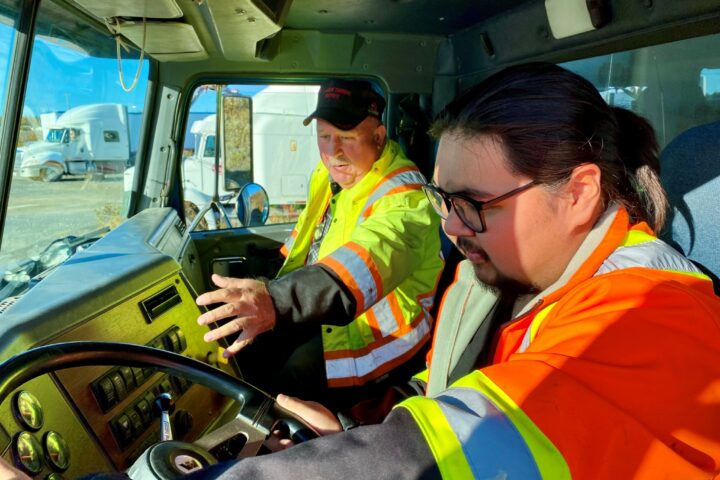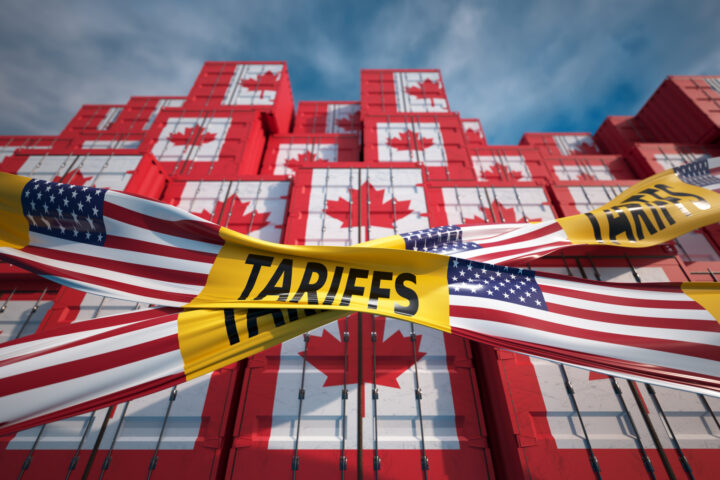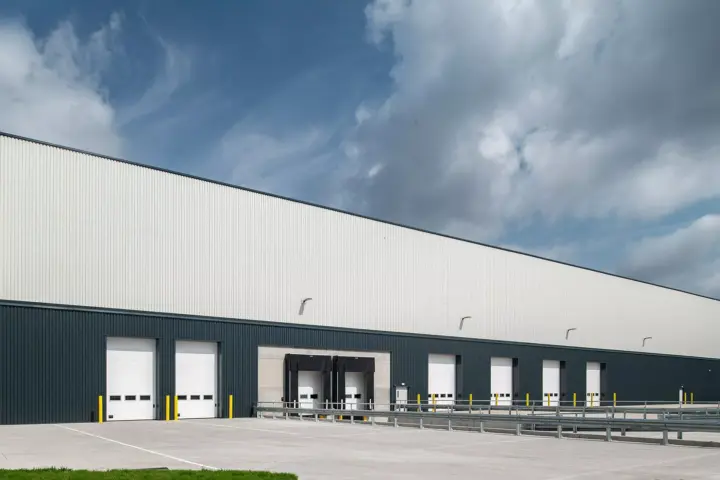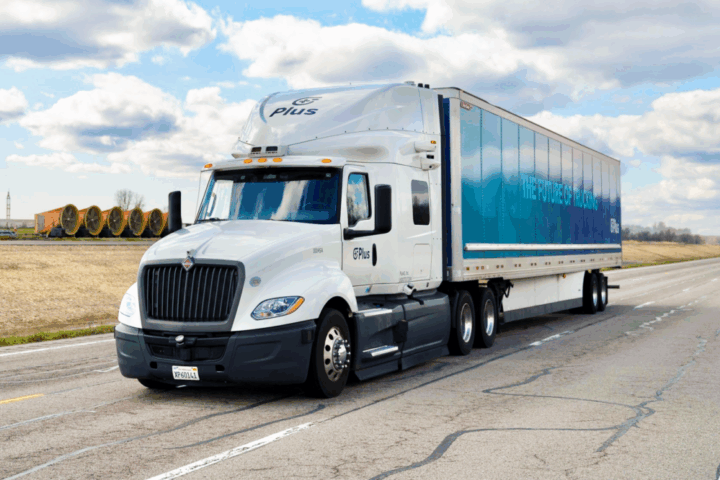With the U.S. EPA announcing this week that it is moving to repeal the 2009 Endangerment Finding – and by extension, GHG Phase 3 emissions rules – the Canadian Trucking Alliance (CTA) wants to know how Ottawa will respond.
Its position has been that the Canadian supply chain and the service requirements of Canada’s trucking industry are not currently compatible with electric truck and zero-emission truck mandates.

The U.S. move to eliminate the GHG Phase 3 emissions rules is expected to be finalized by fall. The CTA says it’s worried Ottawa will take a diverging regulatory path when it comes to GHG regs for heavy trucks.
Sticking to the soon-to-be killed Phase 3 emissions rules would be difficult for Canada’s trucking industry, the CTA says, noting the industry will play an important role in seeing that the nation building projects touted by the feds come to fruition.
“The Alliance believes that Minister [of Environment and Climate Change, Julie] Dabrusin and Prime Minister Carney face a big test in prioritizing commonsense and business-focused solutions in response to the U.S. direction,” said CTA president Stephen Laskowski in a release.
“If the Carney Government is true to their word about wanting to inject growth and productivity into the economy, the Government of Canada will put aside environmental politics and work with the OEMs and the trucking fleets that will be impacted by the U.S. EPA changes, while also remaining sensitive to the need to reduce carbon emissions from heavy trucks in an operationally and technologically feasible manner that can be properly managed by the trucking industry and supply chain.”
The CTA is calling on Ottawa to come to the table with a “pragmatic” response to the U.S. emissions regulations rollback.
CTA has also already noted that the vocational sector of Canada’s trucking industry was already struggling with emissions regulations that limit certain specifications.
“The Alliance would also like to emphasize that the potential elimination of the U.S. EPA carbon regulations does not mean the end of pursuing an effective GHG regulation for heavy trucks,” CTA said in its release. “In fact, CTA is hopeful Ottawa agrees that recent changes provide a great opportunity to implement a regulatory pathway that addresses concerns from both an environmental and business perspective. This may include looking at more viable alternative fuel or transitional technologies available to the sector.”












